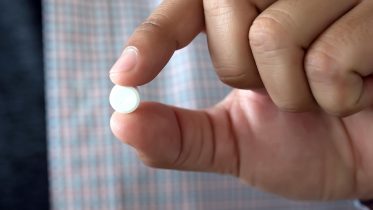A recent study highlights that preemptive use of low-dose aspirin can significantly reduce inflammatory responses due to sleep restriction, showing a decrease in specific inflammatory markers and improved sleep efficiency during recovery. This opens up potential for developing new therapeutic approaches that target inflammatory pathways without the side effects associated with aspirin, potentially complementing existing behavioral therapies for sleep improvement. New research has found that low doses of acetylsalicylic acid , commonly known as aspirin, can reduce inflammatory reactions caused by restricted sleep.
The findings indicate that, when compared to a placebo, taking a low dose of aspirin preemptively during periods of sleep deprivation mitigates inflammatory responses. Notably, aspirin decreased the expression of interleukin-6 and the presence of COX-1/COX-2 double-positive cells in lipopolysaccharide-stimulated monocytes, and also lowered the levels of C-reactive protein in the serum. “The novelty of this study is that it investigated whether we can pharmacologically reduce the inflammatory consequences of sleep restriction,” said lead author Larissa Engert, who has a doctorate in behavioral physiology and is a postdoctoral fellow in the department of neurology at Beth Israel Deaconess Medical Center and the division of sleep medicine at Harvard Medical School in Boston.

“We used a non-steroidal, anti-inflammatory drug because it has been shown to affect speci.























